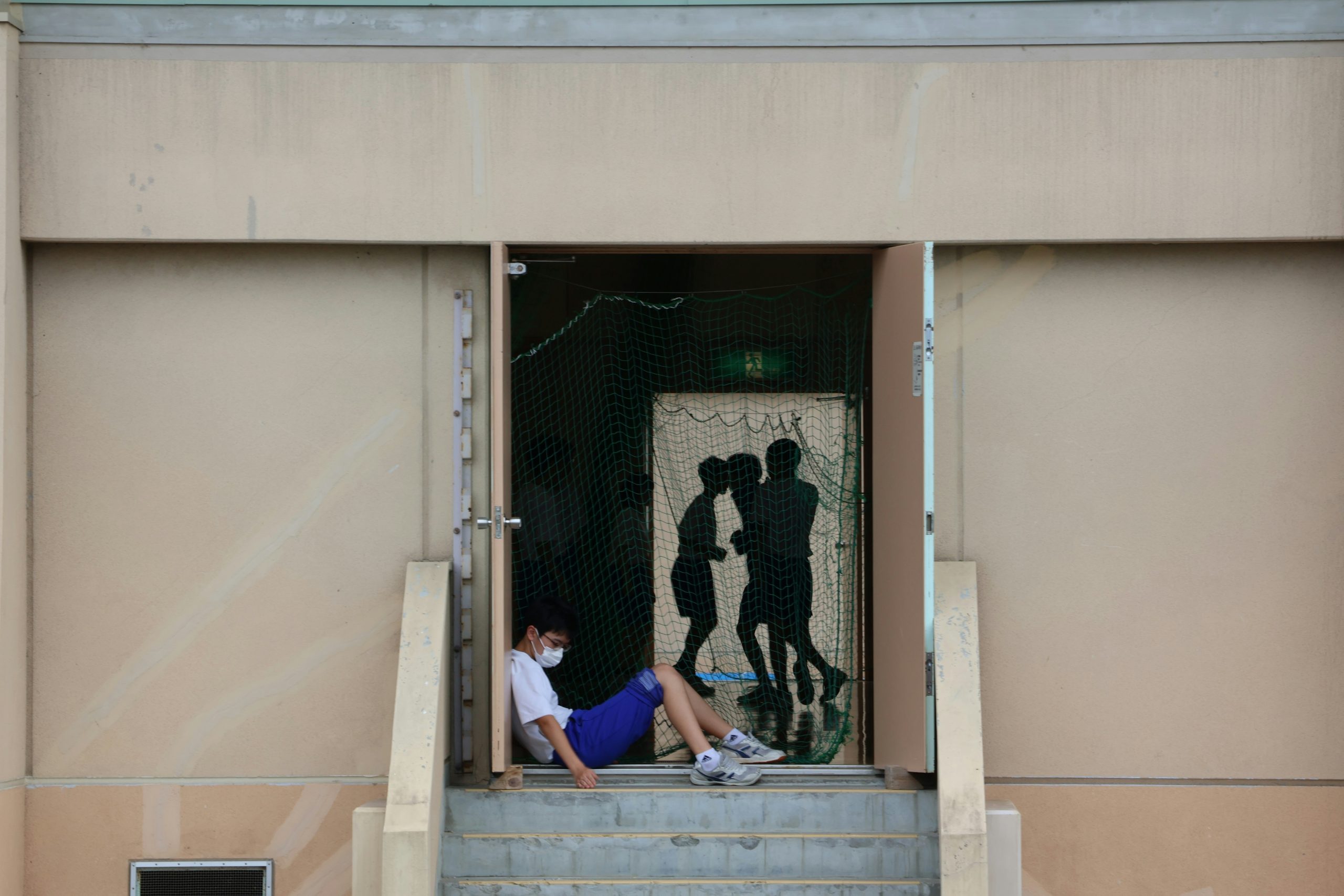Reflections on the 23rd Anniversary of the 9/11 Attacks: The Ongoing Struggle Against Terrorism
As we mark the somber 23rd anniversary of the September 11 attacks, it is essential to reflect on the lasting impact of that fateful day on the United States and the world. Nearly 3,000 lives were lost in these tragic events, which forever altered the course of U.S. foreign policy and domestic security measures. In the years since, the fight against terrorism has been likened to battling a cancer that affects the entire world, requiring a multifaceted approach that extends beyond military action.
The complexity of modern warfare and terrorism necessitates a reevaluation of our strategies. Military strikes may serve as a tool in response to terrorist threats, yet they are not a panacea. The roots of terrorism are deeply embedded in socio-political grievances, economic disparities, and ideological extremism. This requires a comprehensive strategy that includes diplomacy, economic development, and community engagement to address the underlying issues that fuel terrorism.
The global landscape has evolved significantly since 2001, with new threats emerging that challenge our understanding of security. From cyber warfare to disinformation campaigns, the nature of conflict has transformed, demanding innovative solutions that leverage technology and international cooperation. As nations grapple with these challenges, it is crucial to foster dialogue and collaboration rather than resorting solely to military might.
Moreover, as we reflect on the personal stories of those affected by the attacks, we must also consider the moral implications of our responses. The legacy of 9/11 extends beyond the immediate aftermath; it has shaped our legal systems, our immigration policies, and our perception of civil liberties. The balance between national security and individual rights remains a contentious issue, as we strive to ensure safety without compromising the democratic values we hold dear.
In this ongoing struggle against terrorism, it is vital to recognize the role of education and awareness in preventing radicalization. Empowering communities through education can dismantle the narratives that lead individuals down the path of extremism. Grassroots initiatives that promote tolerance, understanding, and resilience are essential in combating the ideologies that underpin terrorism.
As we navigate the complexities of war and peace in the 21st century, let us not forget the lessons learned from the past. The fight against terrorism is not one that can be won through military engagement alone. It requires a committed effort from all sectors of society, a recognition of our shared humanity, and a willingness to listen and learn from one another.











